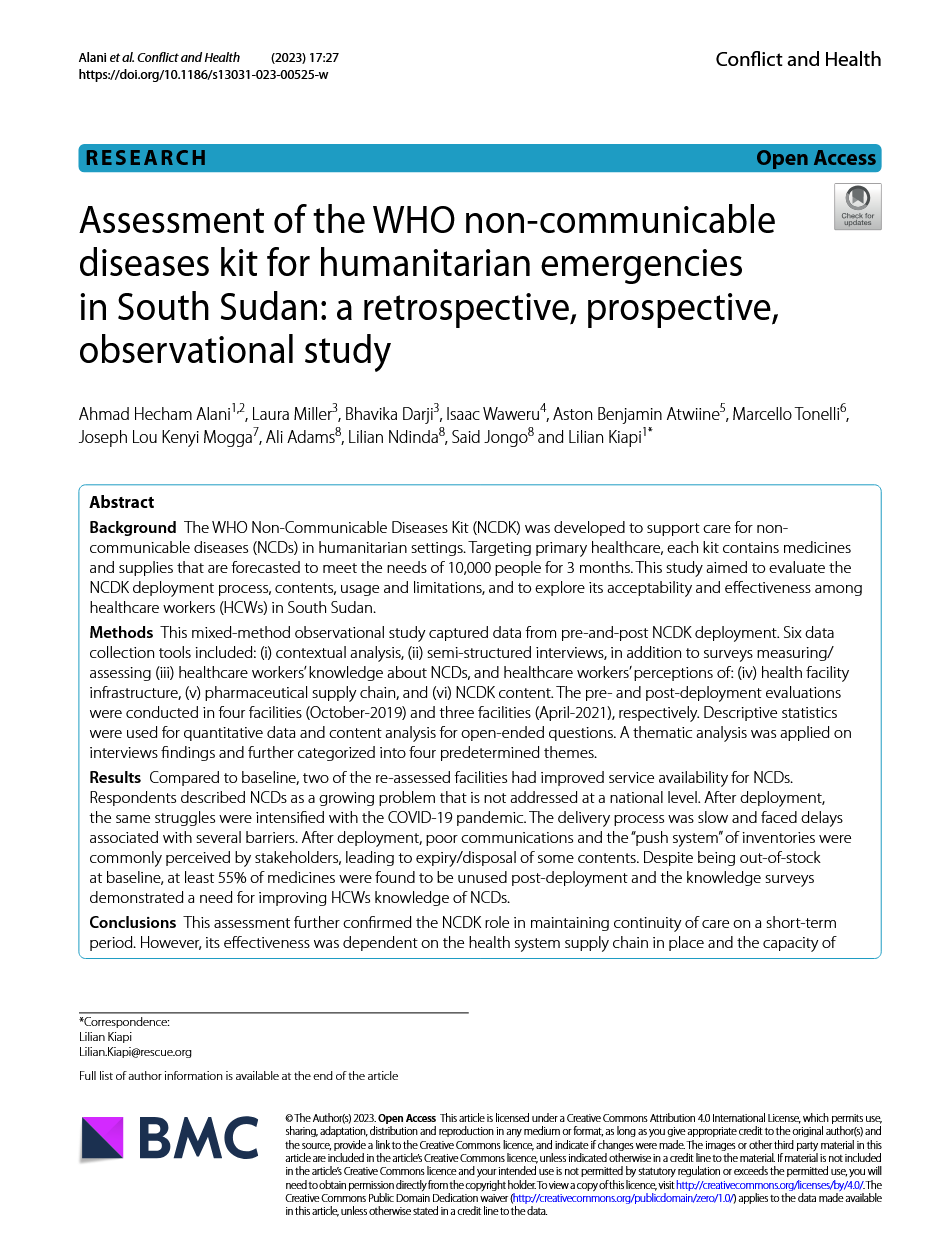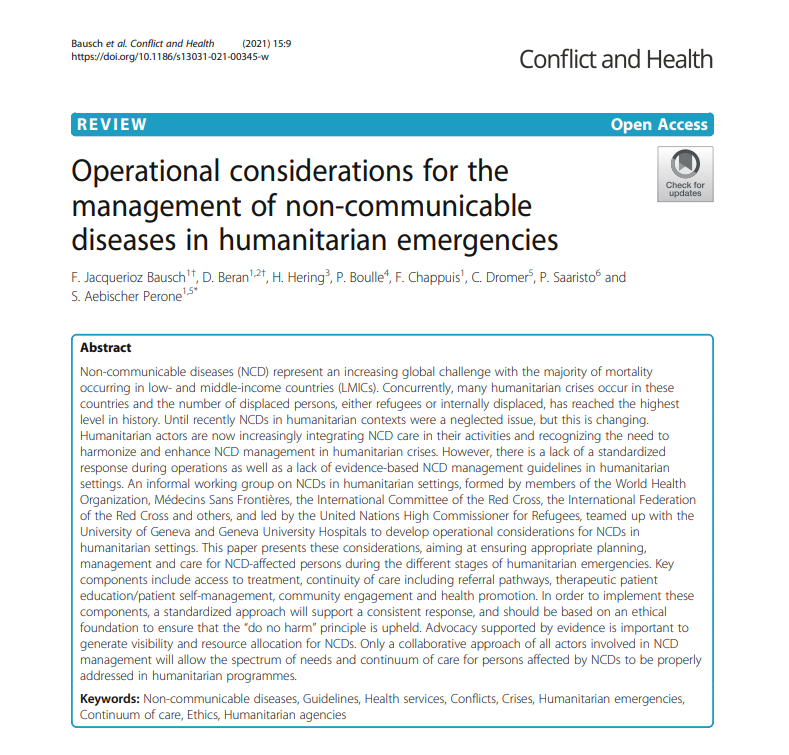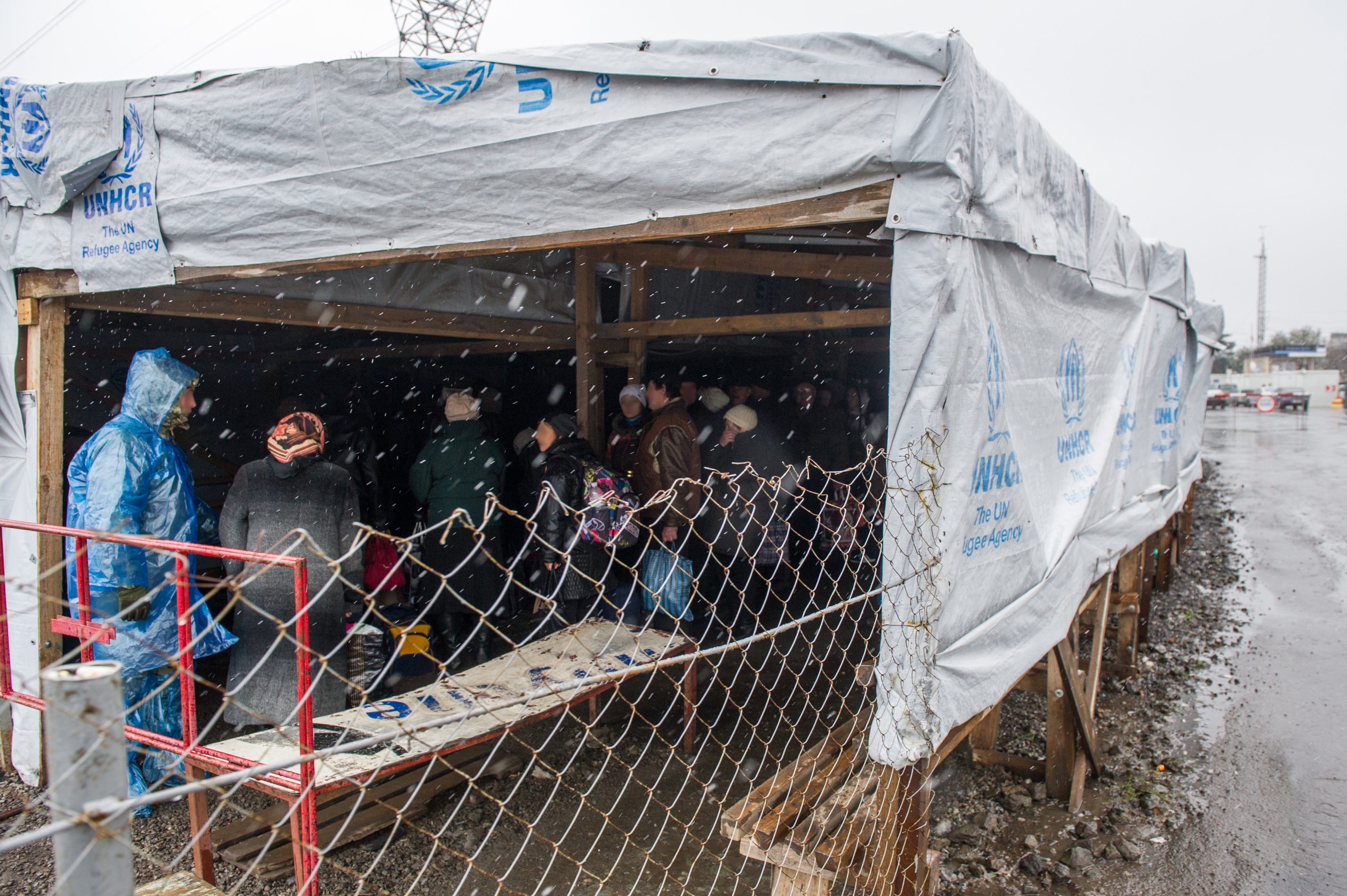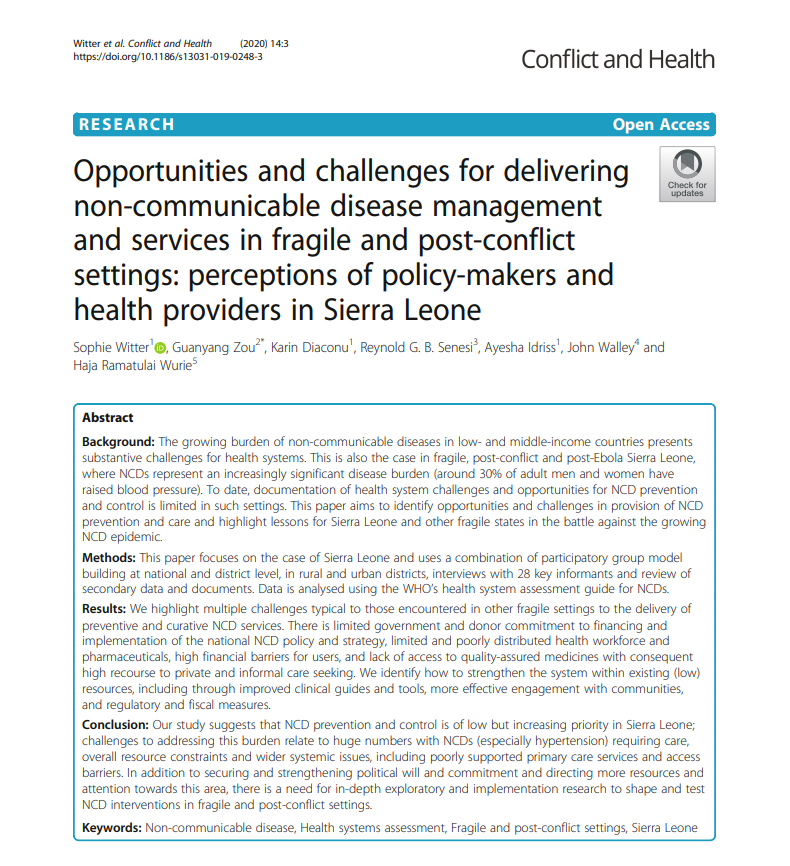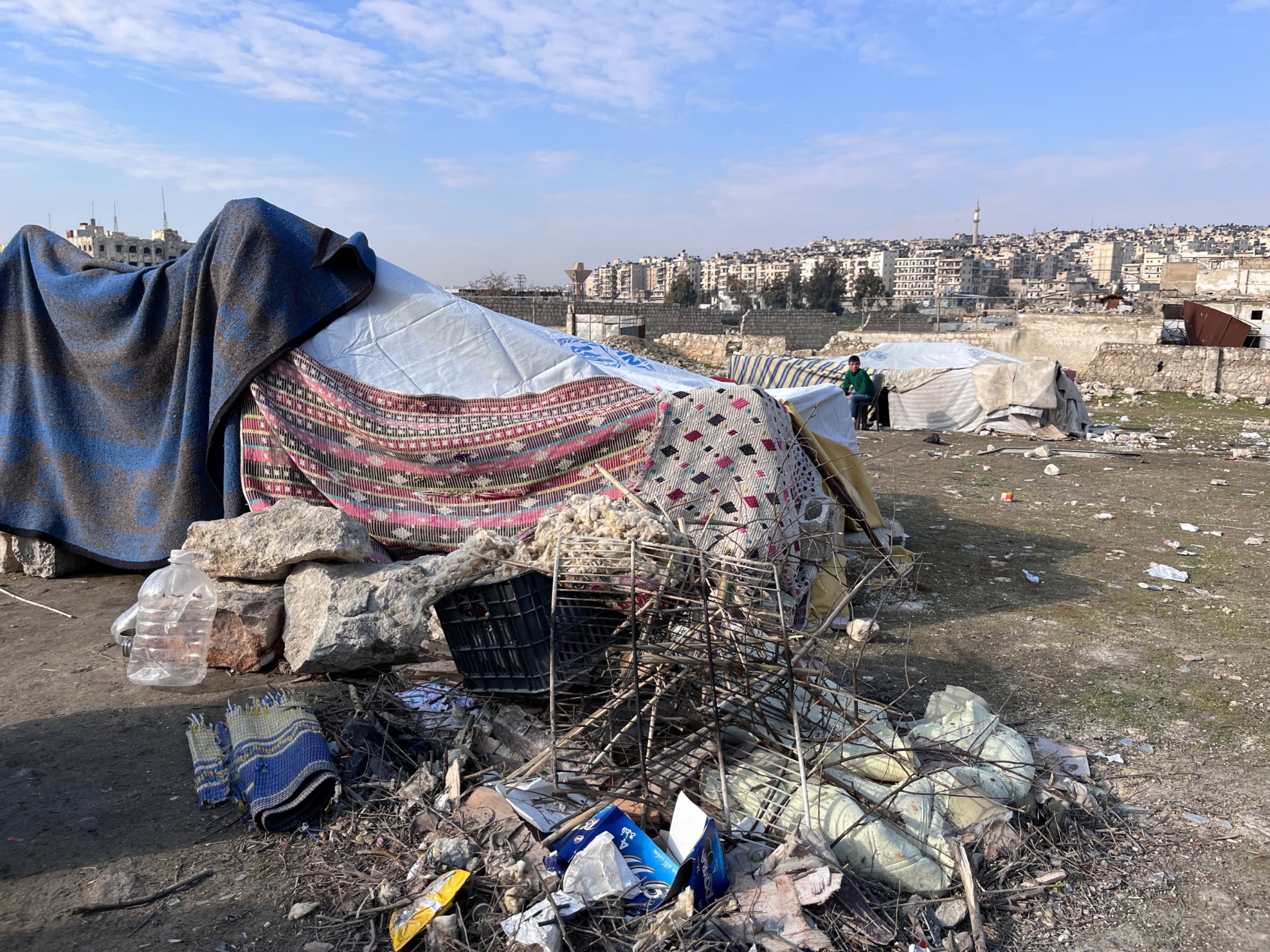Conflict and Health
Assessment of the WHO non-communicable diseases kit for humanitarian emergencies in South Sudan: a retrospective, prospective, observational study
Article
19 May 2023
BackgroundThe WHO Non-Communicable Diseases Kit (NCDK) was developed to support care for non-communicable diseases (NCDs) in humanitarian settings. Targeting primary healthcare, each kit contains medicines and supplies that are forecasted to meet the...

